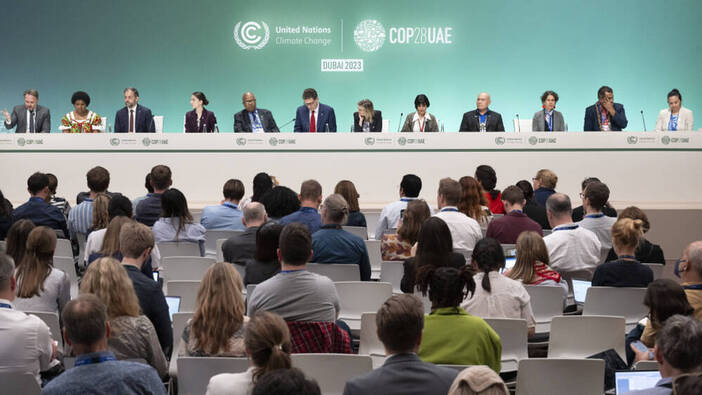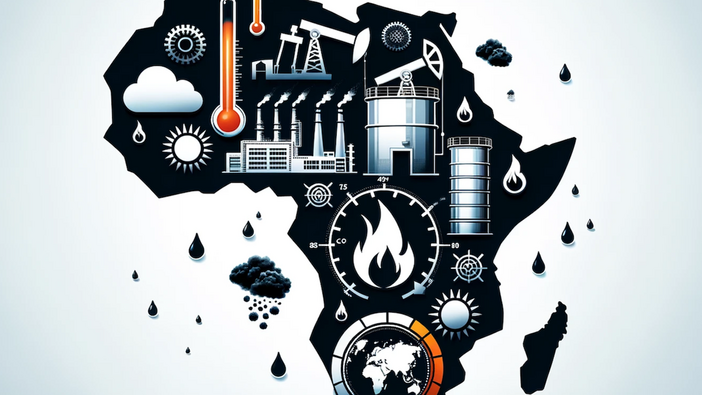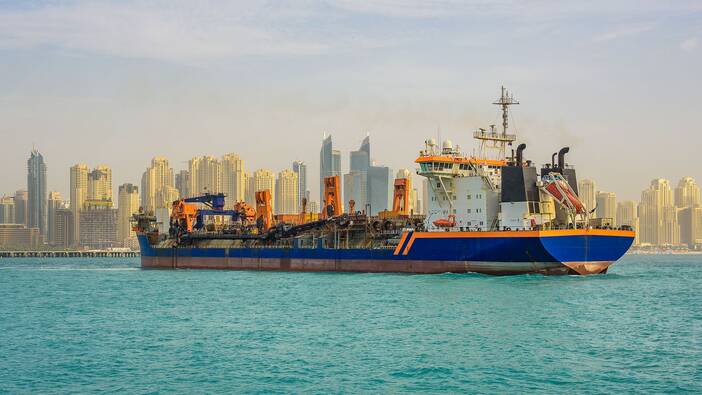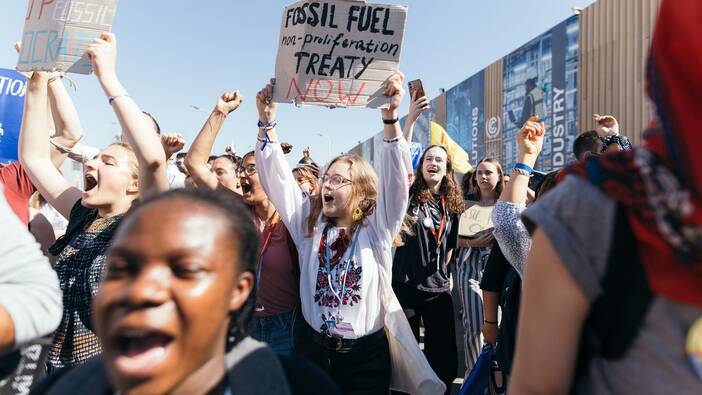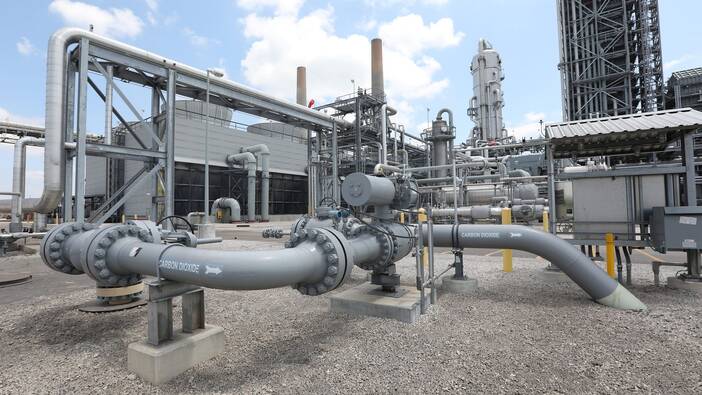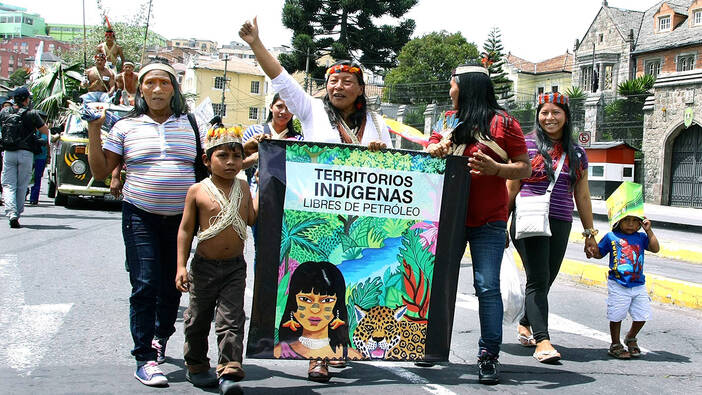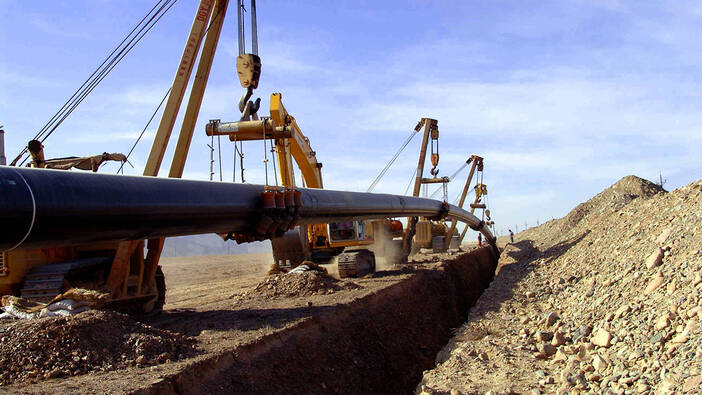Oil: Climate Policy’s Blind Spot
The world is a long way away from phasing out fossiel fuels — and climate won’t be saved in the United Arab Emirates.
As the energy and climate crisis unfolds, fossil fuels are the subject of fierce debate. The question of how former coal regions should be reorganized is hotly discussedin Germany and elsewhere — meanwhile, the phase-out of coal is a done deal in Germany. There is also fierce opposition to the expansion of gas infrastructure, particularly in the form of LNG terminals on the German coast. But there is hardly any talk about oil.
Yet oil is booming — it is still the most important source of energy worldwide and the most widely used fossil fuel. Over 35 percent of the world's energy is produced from oil, and the proportion in Germany is roughly the same. Burning oil contributes significantly to global warming, and oil production often has dramatic consequences for the regions in which it takes place and the people who live there. Oil is also linked to political power and geopolitics more than almost any other commodity — an aspect that will also play a role when the climate conference takes place in the United Arab Emirates this December.
